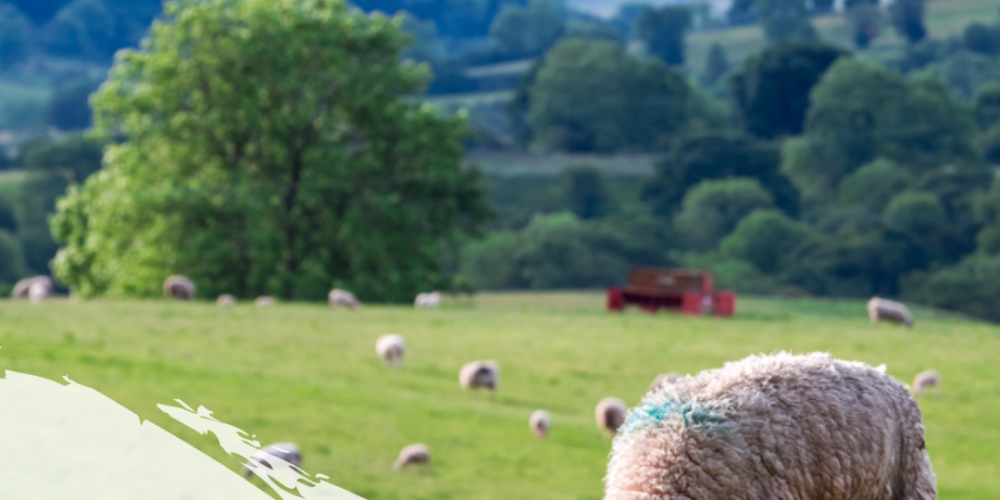
NSA gives robust evidence to Dartmoor enquiry
1st November 2023
The National Sheep Association (NSA) has given evidence to the Dartmoor Enquiry Panel, calling for a measured, sustainable approach to commons across the UK.
Joining the Enquiry yesterday (Tuesday 31st October), NSA Chief Executive Phil Stocker, said: “NSA is encouraged the evidence being gathered for the Dartmoor Enquiry is reflective of those directly impacted and involved in the area, with many of our own NSA Chairs and Committee members in NSA South West Region highlighting impacts and concerns to the committee. Now is the time to challenge Natural England’s evidence base and reasoning but also recognise that not every common is the same; an active management approach is often what is needed to get the most benefit from these areas.”
In the evidence session, Mr Stocker highlighted the value of areas of land such as Dartmoor to UK agriculture, saying: “The uplands and commons of Britain are an integral part of the sheep industry, producing breeding stock for lowland enterprises, store lambs, finished lambs and wool. They are often the basis of our unique stratified sheep industry, and home to some of our hardiest native breeds. In addition, farming in these areas is now recognised as a multifunctional activity, providing more than just agricultural outputs.”
Defra committed to the review in June this year following a number of heavy handed decisions from Natural England. David Fursdon, an experienced industry figure based in Devon, accepted the position of Chair of the Review and is leading the review alongside a small panel of experts.
Continuing to the Enquiry Mr Stocker said: “NSA is concerned that upland and hill farms (those usually with a strong connection to common land) continually come under threat due to ever changing market, social and policy pressures. These influence and risk fundamental change to the farming system itself, often ignoring the value that this most traditional and essential form of livestock farming provides. Over the years, upland and hill farmers have been influenced and affected by policy decisions, increasing livestock numbers when headage payments were introduced to incentivise farm output, and then reducing stocking rates when environmental impact concerns came to the fore, despite overly prescriptive requirements often being detrimental and leading to undesirable agronomic, environmental and societal impacts.”
“Our NSA members in and around Dartmoor (and Bodmin) inform us that Natural England officers are preoccupied with overgrazing with little interest in the effects of under grazing while this has led to large areas of monoculture Molinia grass in particular, ecologically of little value and presenting a significant fire risk.”

